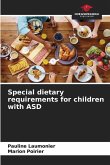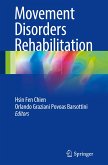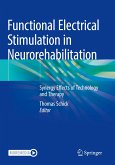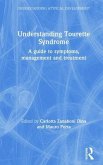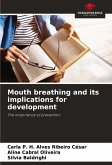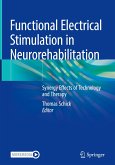For most specialists echolalia is a clear symptom of autism. When speaking with parents, speech therapists, and speech pathologists it is evident that echolalia, in a child, is regarded as a negative phenomenon. They are afraid of it. They try to get rid of it in all possible ways. They consider it a sign of "abnormality", an irreparable breakdown in the child's brain. I suggest key questions you need to ask in each case of echolalia in a child: Is this pointless behaviour or can it help the child adapt and communicate? Is this a pathological phenomenon or a sign of an exact stage of speech development? Is this a breakdown in the brain or its functional immaturity? This book will present a fresh point of view, based on the analysis of international linguistic research and the extensive experience of the team of neurologists, speech therapists and psychologist at the children's Neurological clinic "Prognosis" in St. Petersburg, Russia.
Hinweis: Dieser Artikel kann nur an eine deutsche Lieferadresse ausgeliefert werden.
Hinweis: Dieser Artikel kann nur an eine deutsche Lieferadresse ausgeliefert werden.


